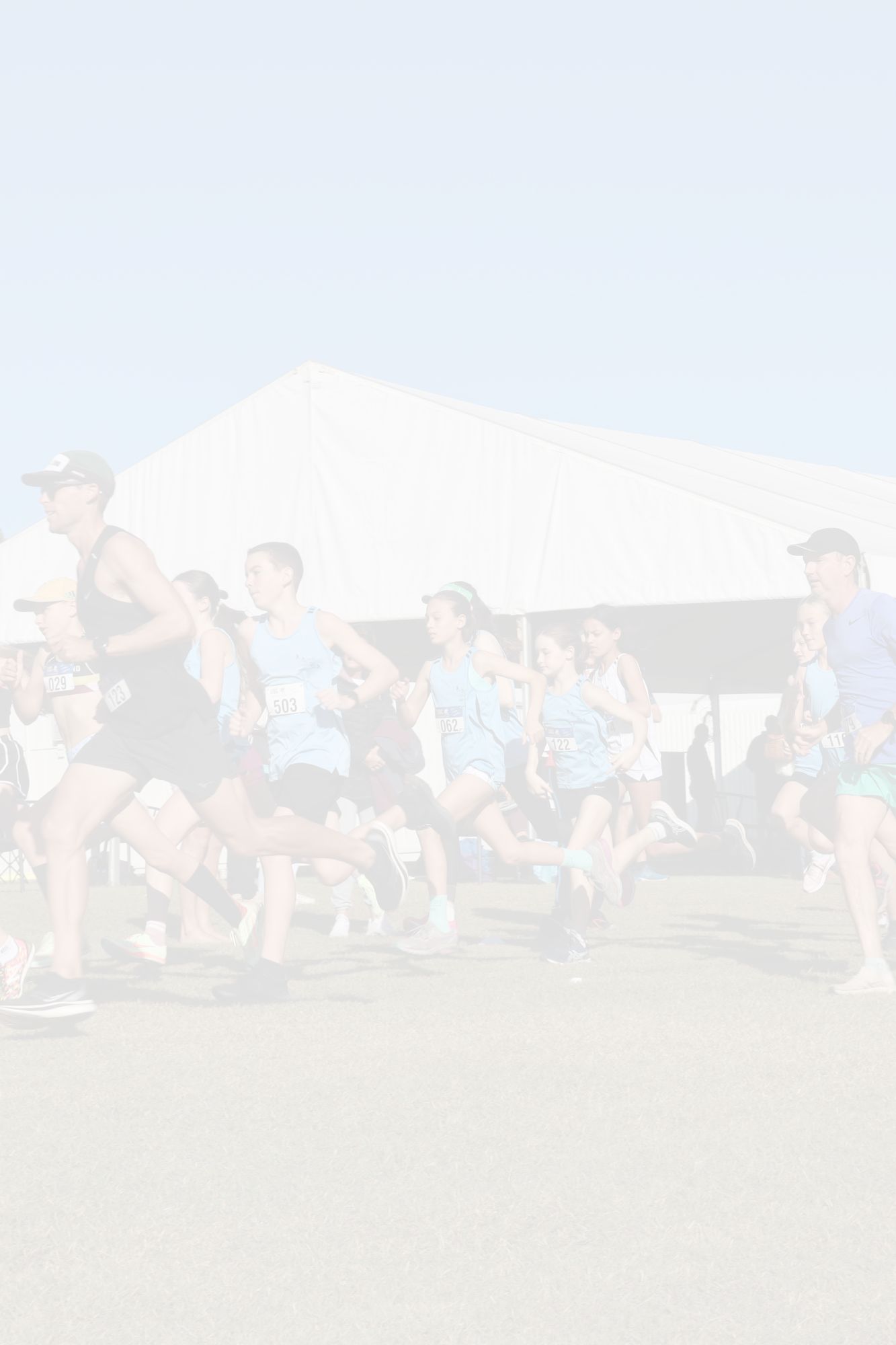JOIN USCAC WINTER SEASON MEMBERSHIP – OPENS IN MID-MARCH HERE
University of the Sunshine Coast Athletics Club (USCAC) is a Queensland Athletics (QA) affiliated club.
By joining USCAC you MUST also join QA-BASE membership.
AS USCAC IS A SENIOR ATHLETICS CLUB
We as a committee have made a decision that our local summer season meets will cater for athletes 10 and over and we DO NOT recommend athletes ages 6 – 9 join for the summer athletics season.
a
In USCAC’s opinion – Little Athletics is the ONLY venue that will nurture & develop the athletics skills required for children of this age. This supported by the following links from our governing body Australian Athletics:
| The FIT Model Overview of Stages of Development |
|
The following descriptions have been developed to ensure a clear understanding of the objectives and focus of the guiding principles for each stage of a young athlete’s development. AND MINIMUM AA AGE RECOMMENDATIONS |
- *NOTE: Queensland Athletics promote their Brisbane shield meets as open for athletes in the 6 – 9 age group, with the following guidelines.
- Minimum ages apply to the athlete eligible events – 6; 7; 8 years: 100m, 200m, 800m. (Age is taken as at 31 December in the year the competition is conducted.)
- ALL athletes MUST be a member of QA or an affiliated club, like USCAC to compete.
- If the athlete also plans to compete in USCAC winter cross-country series & if turning 8, the USCAC Winter Track & Field Carnival, we would recommend the athlete join USCAC annual BASE membership – JOIN HERE
- If you wish your 6 – 9 years athlete compete in QA shield meets in Brisbane, nominate through the – QA Calendar – select event
- PLEASE CONTACT QA – if you have any questions PH. 07 2111 5135
USCAC winter season MEMBERSHIp (7 – 9 years)
OPENS Mid-March to September 30 in the SAME year
USCAC run a 5 meet Sunday morning Sunshine Coast Winter Cross Country Series from Late March/early April to June.
The meet dates and distances are chosen to line up with school and district & regional XC events.
Series medals are awarded and we even have a FREE fun run for ages 2/3 to 6.
In July, the last weekend of the school holidays, we hold a Winter Track & Field Carnival.
This carnival has numerous events for children from 7 years old. Medals and placing getting medals are awarded.
USCAC WINTER MEMBERSHIP SUMMARY – OPENS IN MID MARCH – JOIN HERE
USCAC + QA BASE – $22
x

USCAC Membership includes:
USCAC run events throughout the year.
ALL upcoming events will be promoted via member email; USCAC website & follow us on facebook
- Local Tuesday night mini meets – Aug to Sept
- Sunshine Coast Winter Cross Country Series – April to June
- USCAC Winter Track & Field Carnival – July
- TEAM USCAC – QA State Cross Country Relay Championships
PLUS
- Free access to UNiSc track
- Accredited coaches across athletics event – not all coaches will train 7-9 years, contact them individually for advise
- Fee DISCOUNTS for USCAC run events!
MORE
- Ability to compete in Brisbane Cross Country events
- QA State Cross Country Championships
- QA, ANQ & interstate events held from mid-march to Sept 30 (excluding AA Nationals)
Winter membership Further Description – click on buttons
a
a
a
a
a
a
a
a
a
a
a
a